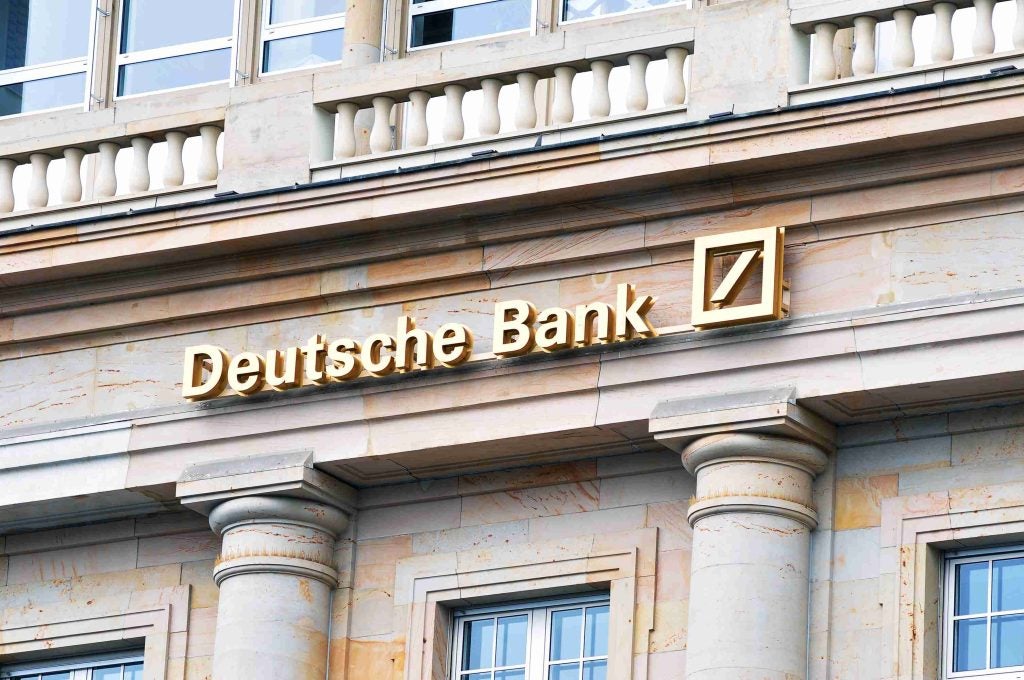
A fresh alert from Lloyds Bank states that victims have reported 23% more bitcoin investment scams this year than there were at this time in 2022.
Each victim of a cryptocurrency investment fraud loses, on average, £10,741 ($13,162), an increase from £7,010 ($8,588) the previous year. This surpasses all kinds of consumer fraud (like romance or buy scams).
According to the data, social media is the starting point for 66% of all investment frauds, with Facebook and Instagram being the most popular platforms.
It comprises a variety of deceptive advertisements, fictitious celebrity endorsements, and direct message targeting.
Curse of cryptocurrency
The organised crime groups that perpetrate scams are always changing their strategies to take advantage of fresh developments and deceive more people into dealing with their money.
Their target audience has expanded lately to include youthful investors, who are frequently drawn to bitcoin trading due to its apparent “get rich quick” appeal.
How well do you really know your competitors?
Access the most comprehensive Company Profiles on the market, powered by GlobalData. Save hours of research. Gain competitive edge.

Thank you!
Your download email will arrive shortly
Not ready to buy yet? Download a free sample
We are confident about the unique quality of our Company Profiles. However, we want you to make the most beneficial decision for your business, so we offer a free sample that you can download by submitting the below form
By GlobalDataOccupying individuals in the 25–34 age bracket involves 25% of the victims of cryptocurrency scams.
For victims of cryptocurrency investment scams at Lloyds Banking Group, Revolut is the most popular recipient of Faster Payments (but that’s not always where the money ends up; it can go somewhere else).
Furthermore, Liz Ziegler, fraud prevention director, Lloyds Bank, stated: “Investing can be a great way to make money, but you need to make sure your money is going to a trusted, genuine company. Crypto is a highly risky asset class and remains largely unregulated, which makes it an attractive area for fraudsters to exploit. If something goes wrong, you’re unlikely to get your money back.
“Predictably, social media platforms are the main breeding ground for this type of scam, with a mix of bogus ads, fake endorsements and cloned accounts being key to fraudsters’ methods. It’s time these tech firms took responsibility for protecting their customers, stopping scams at source, and contributing to refunds when their platforms are used to defraud innocent victims.”
Indicators of a cryptocurrency fraud
While real cryptocurrency investments are extremely risky—the FCA advises investors to be ready to lose all of their money—each investor must make that decision personally in the end.
It is crucial to bear in mind, though, that con artists will do all within reason to persuade investors that they are legitimate.
This can involve creating fictitious businesses, social media accounts, and websites that mimic authentic businesses. They might even create professional-looking investment literature.
When it comes to cryptocurrency scams, there are two primary methods by which con artists steal the money of potential investors:
- The illusion
Here, there isn’t a real cryptocurrency or investing platform present. The scammer, who usually assumes the identity of an “investment manager,” guarantees that any money sent by the victim would be invested on their behalf and frequently offers enormous profits.
- The takeover
In such instances, the victim may have a real investment account with a reputable website like Coinbase or Binance that exists in their name.
Since many trading platforms only perform cursory checks when creating new accounts, either the victim will be instructed how to put this up or it will be activated on their behalf.
Upon receiving money, victims could be duped into giving the fraudster access to their digital wallet or their account login credentials.







